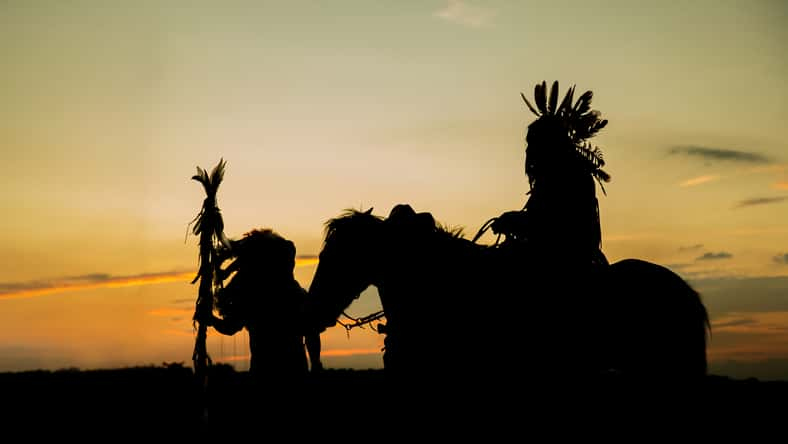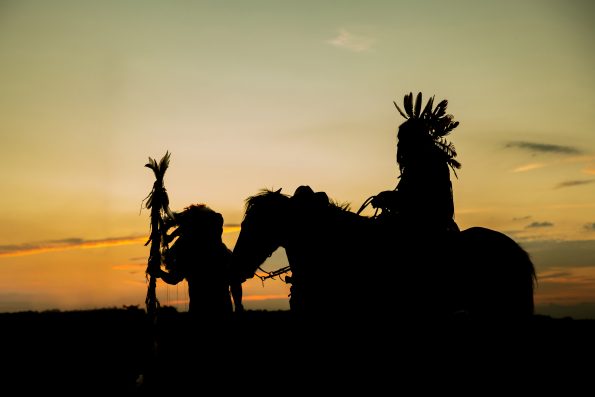She Was A Native American Leader Who Dedicated Her Life To Mediating Tensions Between White Settlers And Native Americans

Unfortunately, in school, I wasn’t taught much about powerful and famous Indigenous people in history beyond Sacagawea and Squanto.
There are so many important Native American figures we can and should learn about today to give us more insight into America’s past and the lives of those who came before us.
For instance, do you know the story of Chipeta?
Chipeta, also known as White Singing Bird, was a fascinating female Native American leader and advocate who dedicated her adult life to meditating between white settlers and Native Americans.
Chipeta was born around 1843 into the Kiowa Apache tribe but was adopted as a child by people of the Uncompahgre Utes tribe, located in Colorado after her parents were killed.
She was a talented and skilled young woman, growing up to excel in beadwork, tanning hides, making clothes, and speaking several languages. She was known by her community for being beautiful, well-spoken, and dignified.
In 1859, Chipeta married Uncompahgres Chief Ouray and became his advisor and confidant. She defied the normal expectations for women in her tribe, as she would attend and sit beside her husband during council meetings and help him work to improve the lives of the Ute people.
Chipeta is well known in history for her efforts to mediate and promote peace between the Ute tribes of Colorado and white settlers. She and Chief Ouray would negotiate treaties with the settlers and show them kindness and ways to navigate their land.
When tensions rose between the Ute people and the settlers, the Ute had plans to attack and raid a nearby group of settlers. Chipeta bravely rode on horseback and warned the white settlers to save their lives.

torwaiphoto – stock.adobe.com – illustrative purposes only, not the actual people
She and Cheif Ouray even traveled to Washington, D.C., in 1880 to testify in front of Congress after it was revealed that the U.S. government had plans to take over their Ute land and force their people to work on farms and convert to Christianity. In 1909, she was presented to speak with President William Howard Taft.
Tragically, Chipeta’s promotion of peace did not come to fruition despite her tremendous efforts and bravery.
After her husband died in 1880, her tribe was forced by the U.S. government to leave their homes in Colorado and were forced to move to a reservation in northeastern Utah.
Trying to make the most of their new life, Chipeta remained an extremely well-respected member of her tribe, entertaining her community and attending important meetings.
While the government had promised her and her people good homes to live in and good land for farming, Chipeta and her people were overlooked and neglected.
Although her health declined in her later years, she still did whatever she could to support and share her belongings with her people until she passed away in Utah in 1924.
Chipeta’s dedication to her community and strength to promote peace in the gravest of circumstances is nothing short of admirable, and she’s a great woman in history to learn about.
Sign up for Chip Chick’s newsletter and get stories like this delivered to your inbox.
More About:Chicks We Love